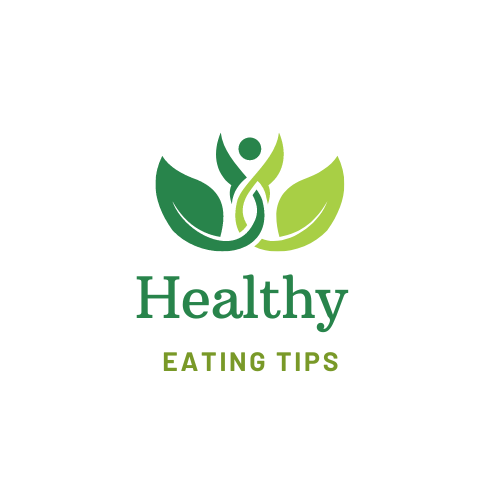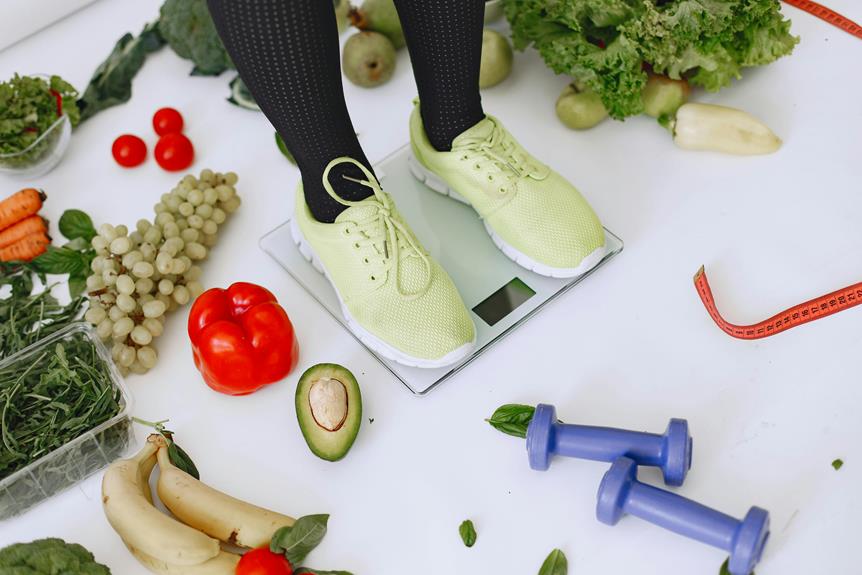Embarking on a weight loss journey necessitates a keen understanding of the nutritional value of foods. This guide aims to illuminate the top nutritious foods that can facilitate weight loss, focusing on low-calorie options, the benefits of protein-rich foods, and the indispensable role of vegetables.
It is essential to navigate through the myriad of food choices with an informed perspective, appreciating the intimate connection between what we consume and our overall wellbeing. This guide will also provide insights on how to seamlessly incorporate these nutritious foods into your daily meals, making your weight loss journey not just effective, but also enjoyable.
Key Takeaways
– Nutritional myths can derail progress in weight loss, so it is important to understand the truth about fats and carbohydrates.
– Hydration plays a significant role in weight loss by aiding digestion and regulating appetite.
– Apples, broccoli, spinach, chicken breast, and oatmeal are low-calorie and nutritious foods that can support weight loss.
– Protein-rich foods have several benefits for weight loss, including longer-lasting satiety, enhanced metabolism, and muscle recovery and growth.
Understanding Nutritional Value for Weight Loss
Consistently, understanding the nutritional value of food is a crucial component in a weight loss journey. This involves exploring nutritional myths and understanding the role of hydration.
Misconceptions such as ‘all fats are bad’ or ‘carbohydrates lead to weight gain’ can derail progress. In reality, fats and carbohydrates are essential nutrients that the body needs for energy. It’s the type and quantity that matter.
Similarly, hydration plays a significant role in weight loss. Water not only aids digestion but also helps regulate appetite. Often, we mistake thirst for hunger. By staying hydrated, we can better interpret our body’s signals, reducing unnecessary calorie intake.
This exploration of nutritional truths is a stepping stone towards a successful weight loss journey.
Top 5 Low-Calorie Nutritious Foods
Incorporating low-calorie yet nutritious foods into one’s diet is a key strategy for effective weight loss. Balancing Taste and Nutrition is crucial to sustain a healthy diet regimen. Let’s look at the top 5 low-calorie nutritious foods that play a significant role in weight loss.
| **Food** | **Calories** | **Nutritional Benefits** |
| **Apples** | 52 | Rich in dietary fiber and antioxidants |
| **Broccoli** | 55 | High in fiber, vitamins C, K, and iron |
| **Spinach** | 23 | Loaded with vitamins A, C, K, and iron |
| **Chicken Breast** | 165 | A great source of lean protein |
| **Oatmeal** | 154 | Protein-rich and high in soluble fiber |
Fruits, like apples, play a significant role in weight loss due to their high fiber content and low-calorie count. The other foods listed are also low in calories but rich in essential nutrients, offering a balanced blend of taste and nutrition.
Benefits of Protein-Rich Foods
Within the realm of weight loss, protein-rich foods offer significant benefits both in terms of satiety and metabolic enhancement. These foods, often termed as ‘Muscle Recovery Foods’, contribute to weight loss by promoting muscle repair and growth. Increased protein intake is directly related to improved Protein Absorption Rates, which in turn, boosts metabolism and aids in fat burning.
Here are three compelling reasons to consider protein-rich foods:
– They provide longer-lasting satiety, reducing the need for frequent snacking.
– They enhance metabolism, leading to increased calorie burn even at rest.
– They promote muscle recovery and growth, crucial for maintaining a lean physique.
Embrace protein-rich foods in your weight loss journey, and experience the transformation they bring to your body and overall wellbeing.
Vegetables: Your Weight Loss Allies
Harnessing the power of vegetables can significantly contribute to your weight loss efforts, thanks to their high fiber content and low calorie count. The right vegetable preparation methods can enhance these benefits. For example, steaming vegetables retains their nutritional value better than boiling. On the other hand, grilling can bring out unique flavors, making them more enjoyable.
Veggie based snack ideas could be a game changer in your weight loss journey. Opt for a bowl of mixed vegetable salad over unhealthy snacks. Consider vegetable sticks with hummus or a homemade vegetable soup. These snacks are low in calories, high in fiber, and rich in essential nutrients.
Incorporating Nutritious Foods Into Daily Meals
Integrating nutritious food items into your daily meal plan is an effective approach to promote weight loss and enhance overall health. Meal Planning Strategies are pivotal in achieving this. By planning meals, you can control portion sizes and ensure a balanced intake of essential nutrients.
Consider these Healthy Snacking Options:
* Opt for fresh fruits and raw vegetables instead of processed snacks.
* Substitute unhealthy, high-calorie snacks with nuts and seeds.
* Choose whole grain products over refined ones.
## Frequently Asked Questions
What Are Some Common Mistakes People Make When Trying to Lose Weight Through Diet?
Common dieting misconceptions include skipping meals and eliminating entire food groups. Emotional eating impact on weight loss is also significant as stress or boredom often leads to overeating unhealthy comfort foods.
How Often Should I Eat These Nutritious Foods to Achieve Weight Loss?
Meal timing and portion control are crucial for weight loss. Ideally, nutritious foods should be consumed in moderate portions 4-6 times daily. This promotes metabolism efficiency and avoids excessive calorie intake.
Is It Possible to Lose Weight Without Exercising, by Just Eating These Nutritious Foods?
Yes, weight loss can be achieved without exercise by balancing nutritious foods and understanding the importance of portion control. However, incorporating exercise would optimize results and provide additional health benefits, like improved cardiovascular health.
Are There Any Side Effects of Switching to a Diet Primarily Composed of These Top Nutritious Foods?
Switching to a diet primarily of top nutritious foods may present diet adjustment challenges and nutrient balance concerns. Overconsumption of certain nutrients and lack of variety could lead to nutrient imbalances and potential health issues.
How Can These Nutritious Foods Impact Other Aspects of My Health, Beyond Weight Loss?
Nutritious foods can significantly enhance nutrient absorption efficiency, improving overall health. This can lead to better mental health due to the synergy of essential nutrients like omega-3 fatty acids, antioxidants, and B-vitamins in brain health.
Conclusion
In summary, consuming nutritious foods is integral to promoting weight loss.
Low-calorie, protein-rich foods and vegetables offer substantial health benefits, enhancing metabolism and satiety.
Incorporating these foods into daily meals fosters a balanced diet, assisting in weight management.
Therefore, understanding nutritional value contributes significantly to achieving weight loss goals, highlighting the importance of a well-rounded, nutritious diet in maintaining optimum health.

